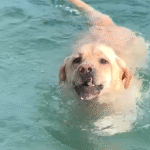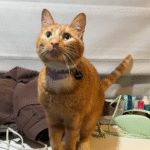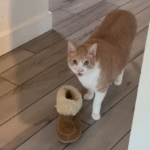Rare cat breeds have captured the fascination of many animal lovers around the world. These unique breeds, characterized by distinctive physical traits and temperaments, are celebrated for their rarity and exotic appeal. However, the ethical considerations surrounding the breeding of these cats are complex and multifaceted. This article delves into the ethics of breeding rare cat breeds, examining the balance between profit and preservation.
The Allure of Rare Cat Breeds
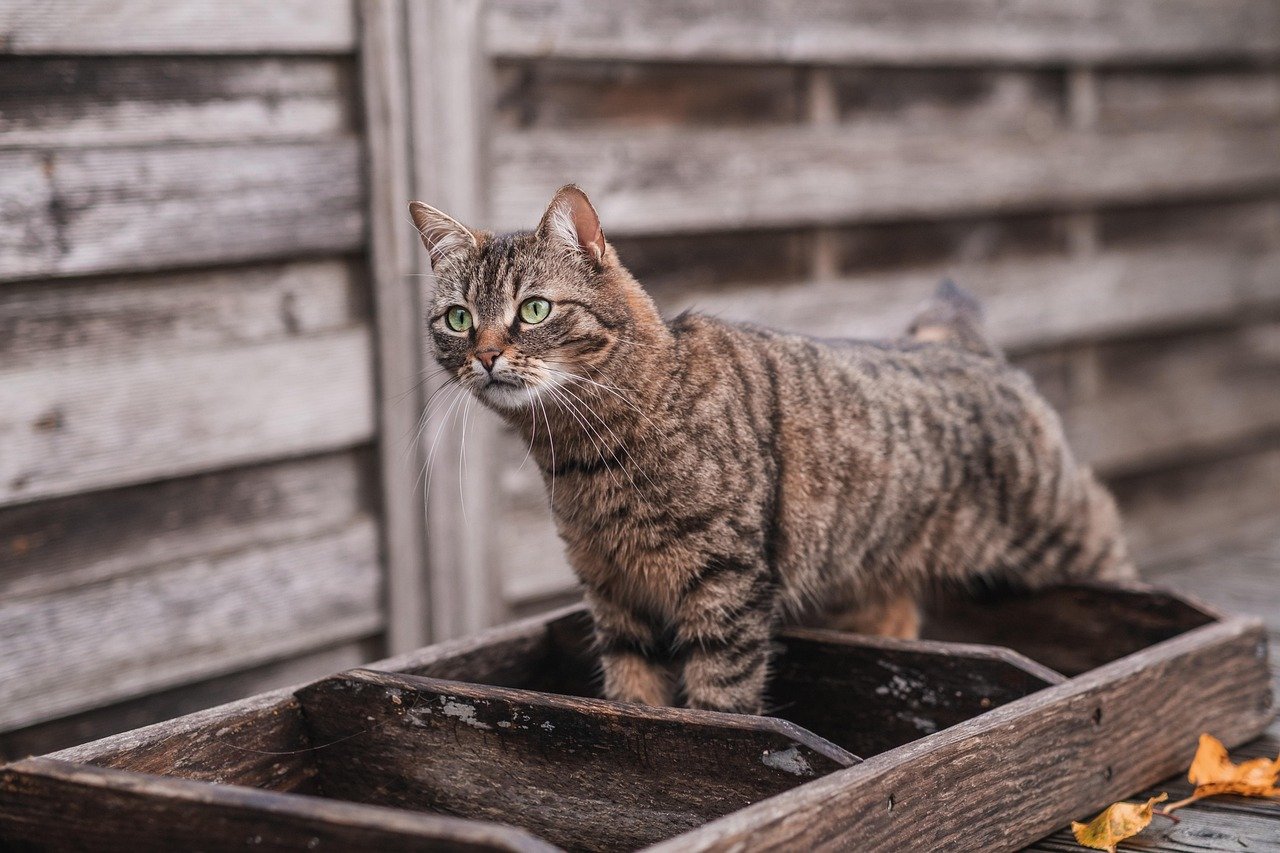
The fascination with rare cat breeds often stems from their extraordinary characteristics—be it peculiar fur patterns, unique eye colors, or unusual body shapes. Breeds like the Savannah, the Peterbald, and the Sokoke are examples of cats that breeders and cat enthusiasts hold in high regard. This allure, however, can lead to ethical dilemmas in their propagation.
Understanding Genetic Diversity
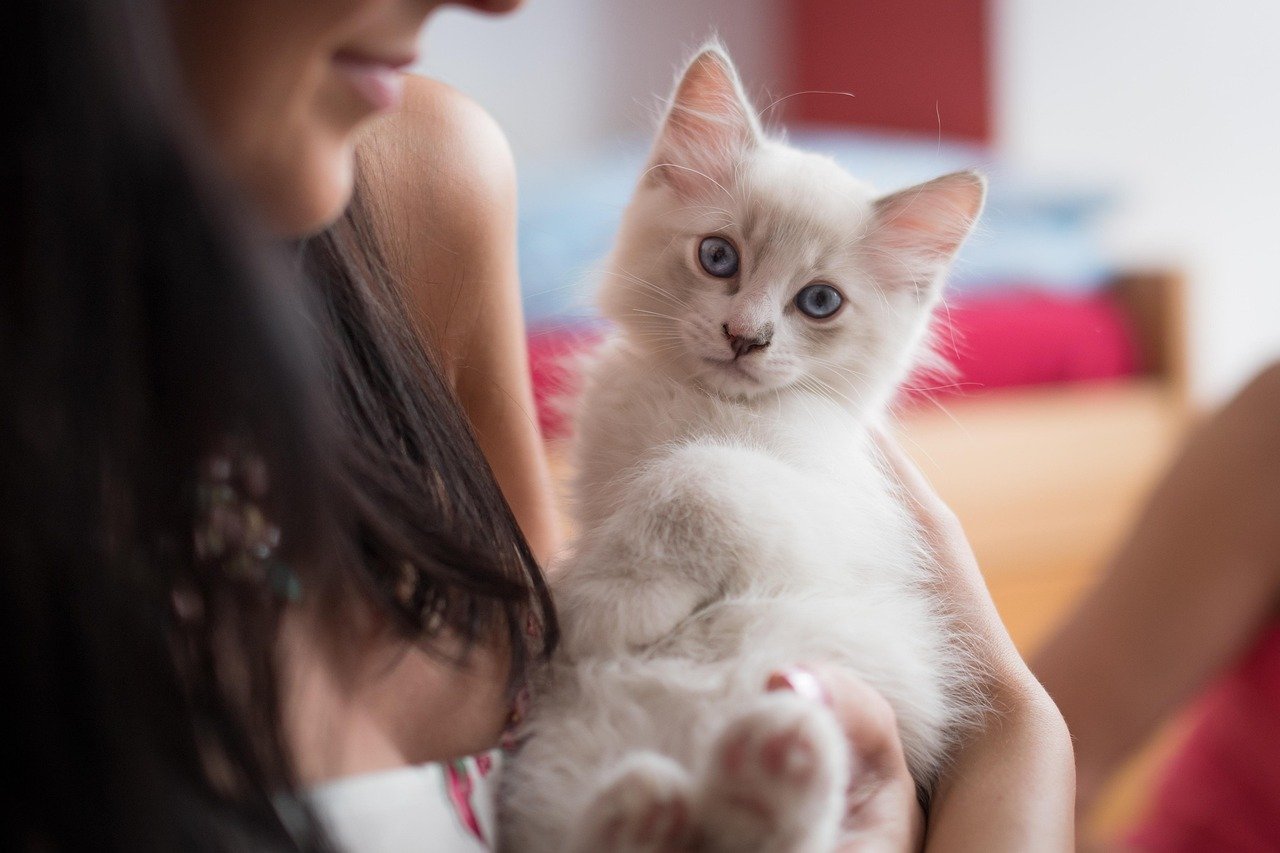
A critical factor in the breeding of rare cats is genetic diversity. Limited gene pools can lead to inbreeding, increasing the risk of genetic disorders and health issues. To maintain the health and wellbeing of rare breeds, it is imperative to prioritize genetic variation in breeding programs.
The Role of Responsible Breeding
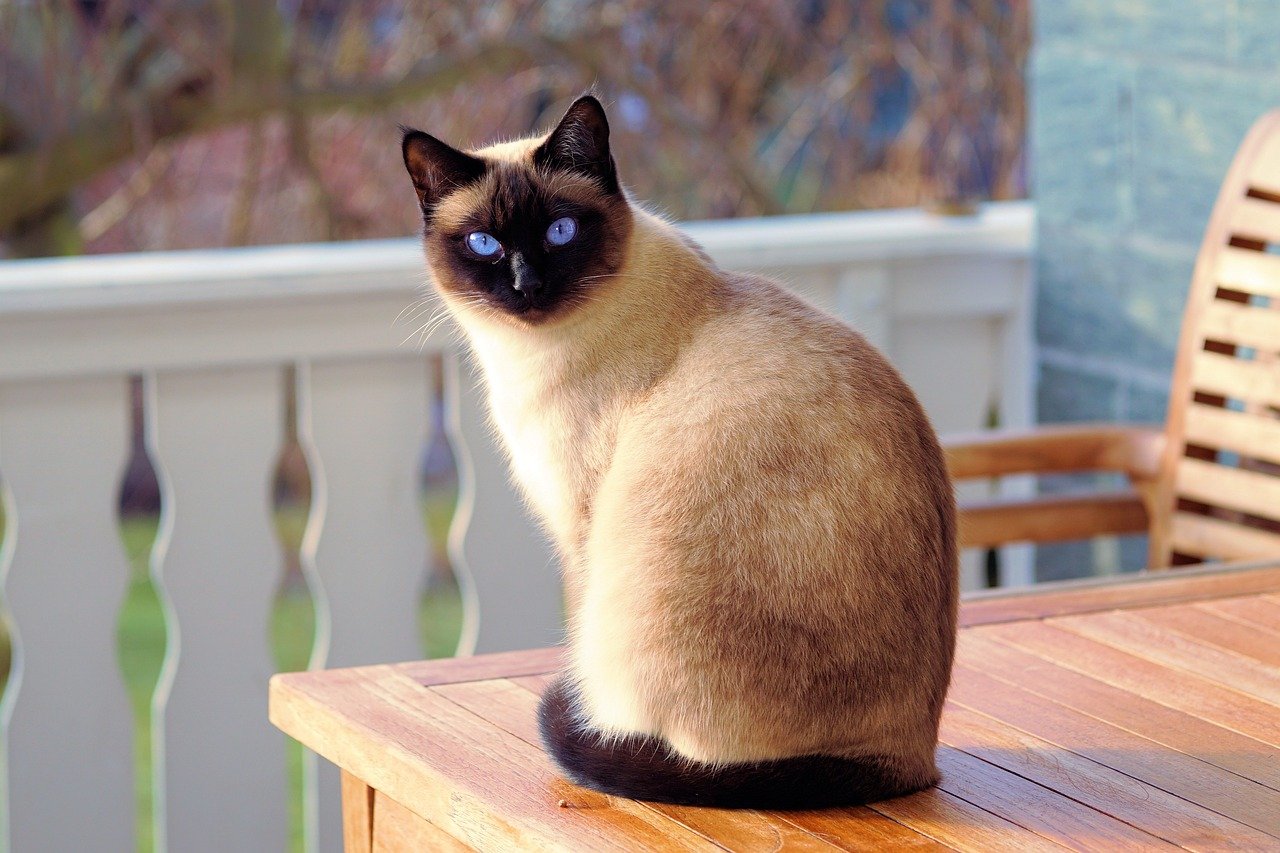
Responsible breeding involves carefully selecting pairings to minimize health risks while promoting genetic diversity. Ethical breeders prioritize the welfare of the animals, ensuring that breeding practices are scientifically informed and adhere to humane standards.
The Profit Motive
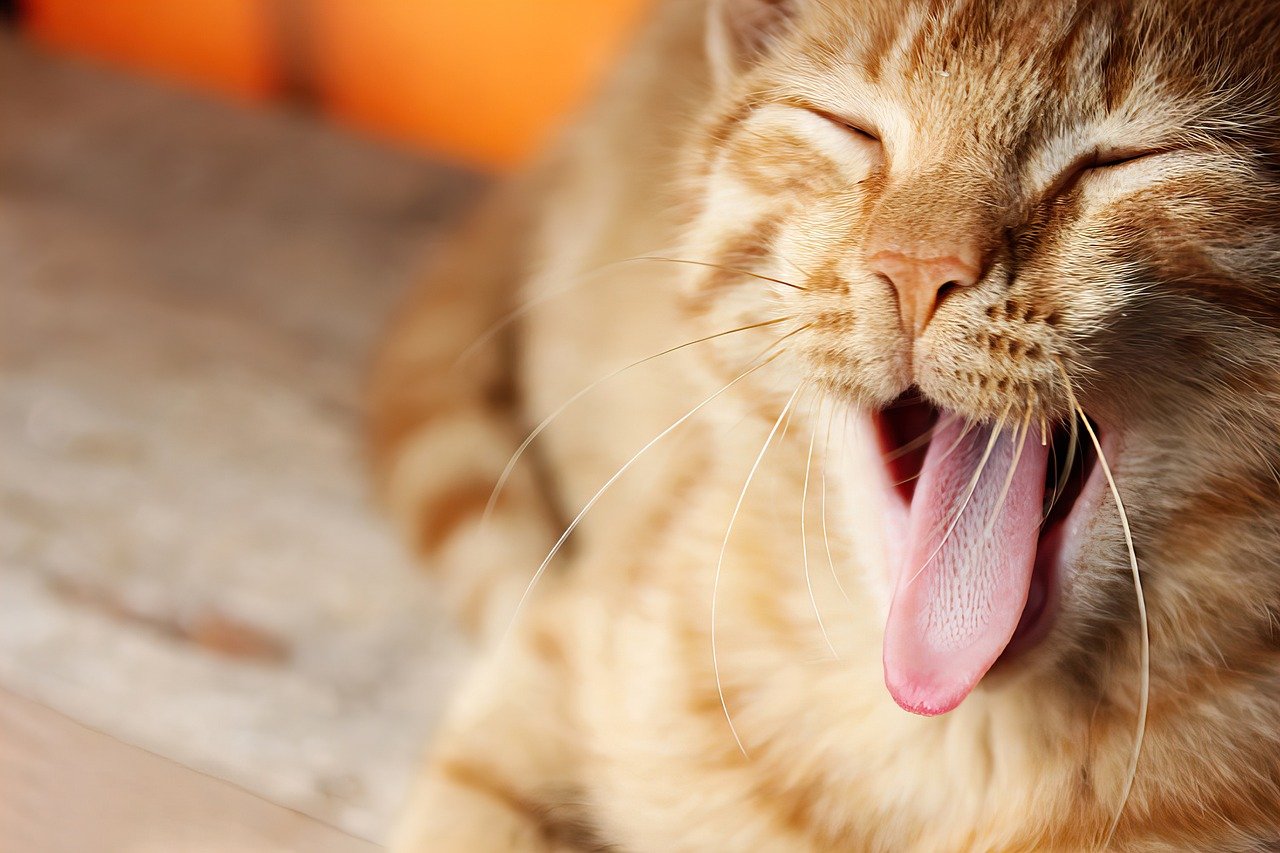
For many breeders, the high value of rare cats is a significant driving force. These cats can garner high prices in the pet market, leading some breeders to prioritize profit over ethical breeding practices. This commercialization can compromise the cats’ health, as breeders might neglect genetic diversity for financial gain.
Legal and Regulatory Frameworks
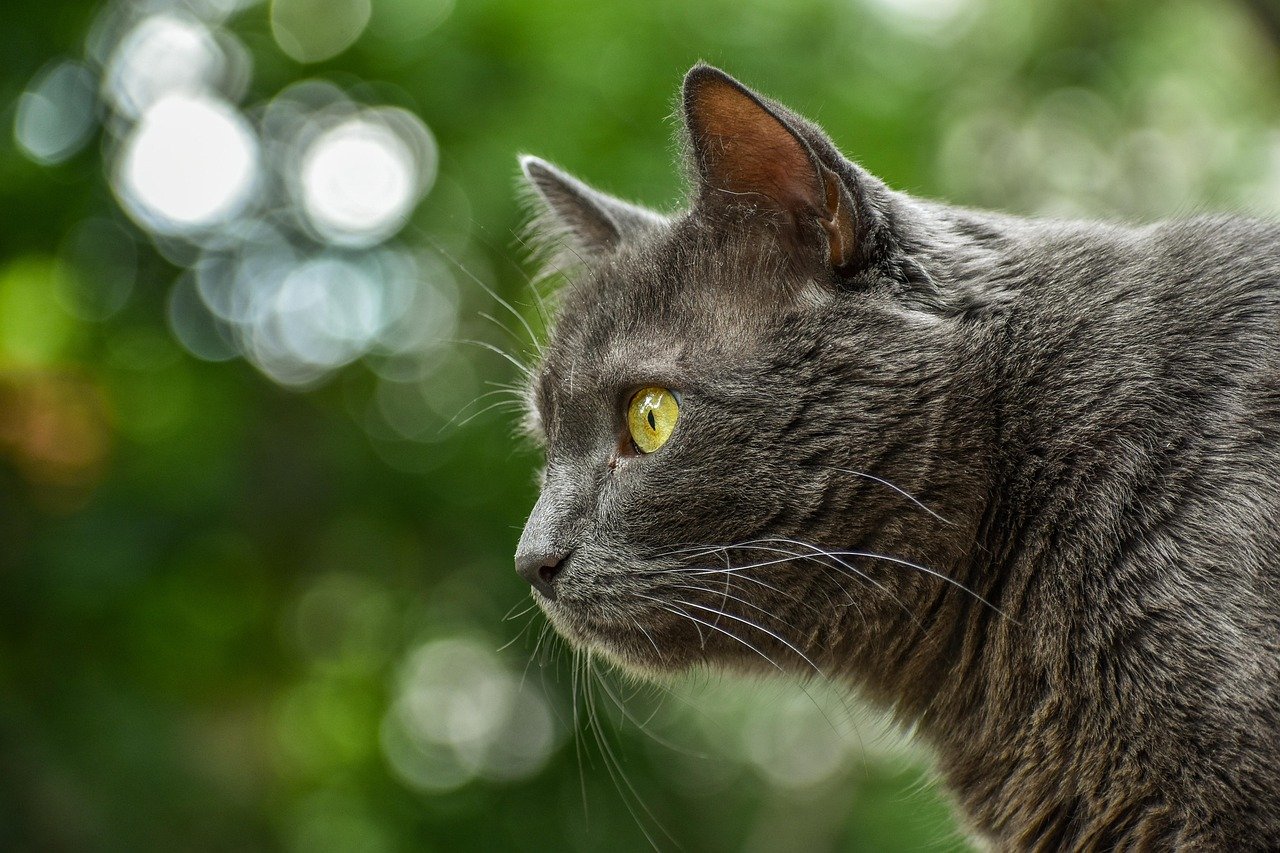
Different countries have varying legislation regarding the breeding of animals. Regulations often aim to prevent unethical breeding practices, but enforcement can be inconsistent. Understanding and adhering to these legal frameworks is essential for breeders to operate ethically.
The Responsibility Towards Animal Welfare
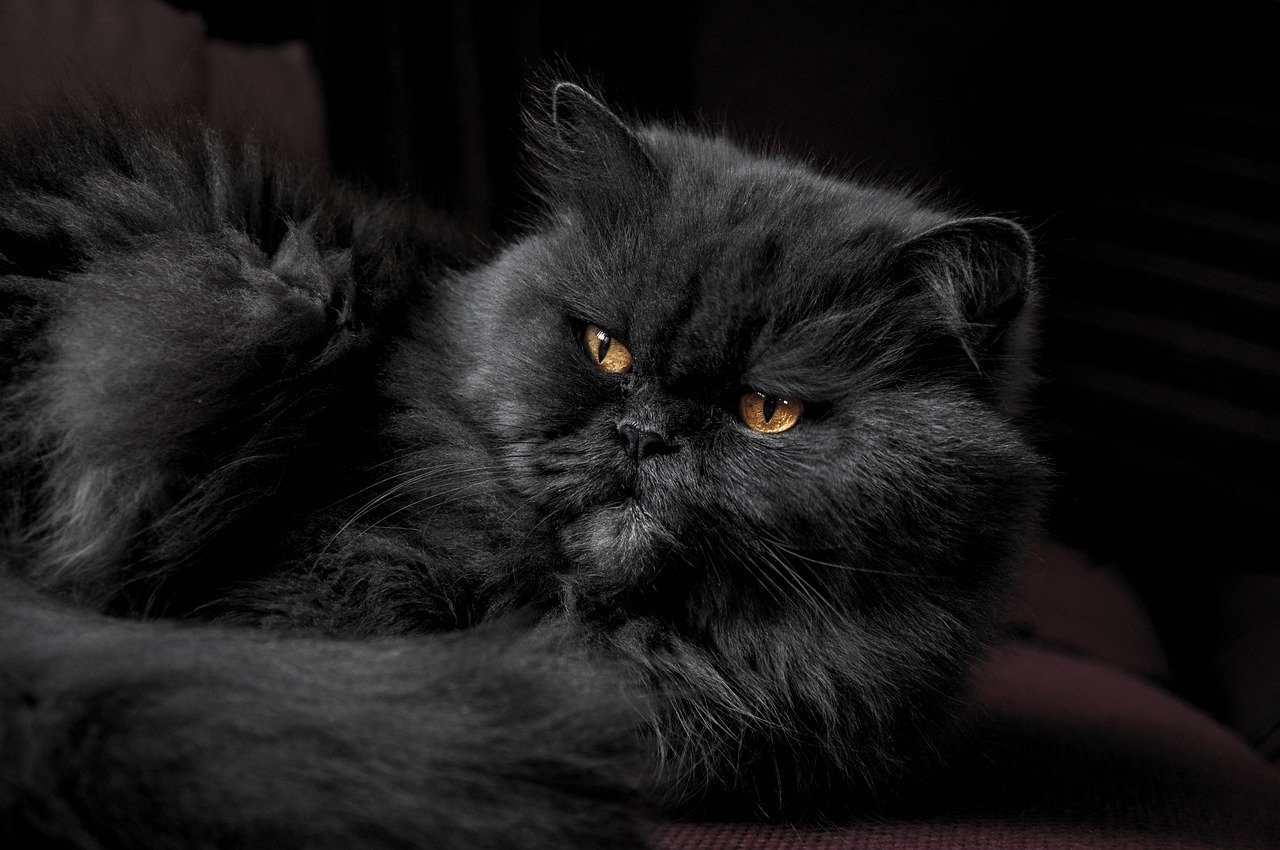
Animal welfare is a fundamental ethical consideration in breeding practices. This involves providing proper healthcare, nutrition, and living conditions for breeding cats and their offspring. Ethical breeders prioritize creating an environment that supports the physical and mental well-being of the cats.
Conservation Versus Commercialism
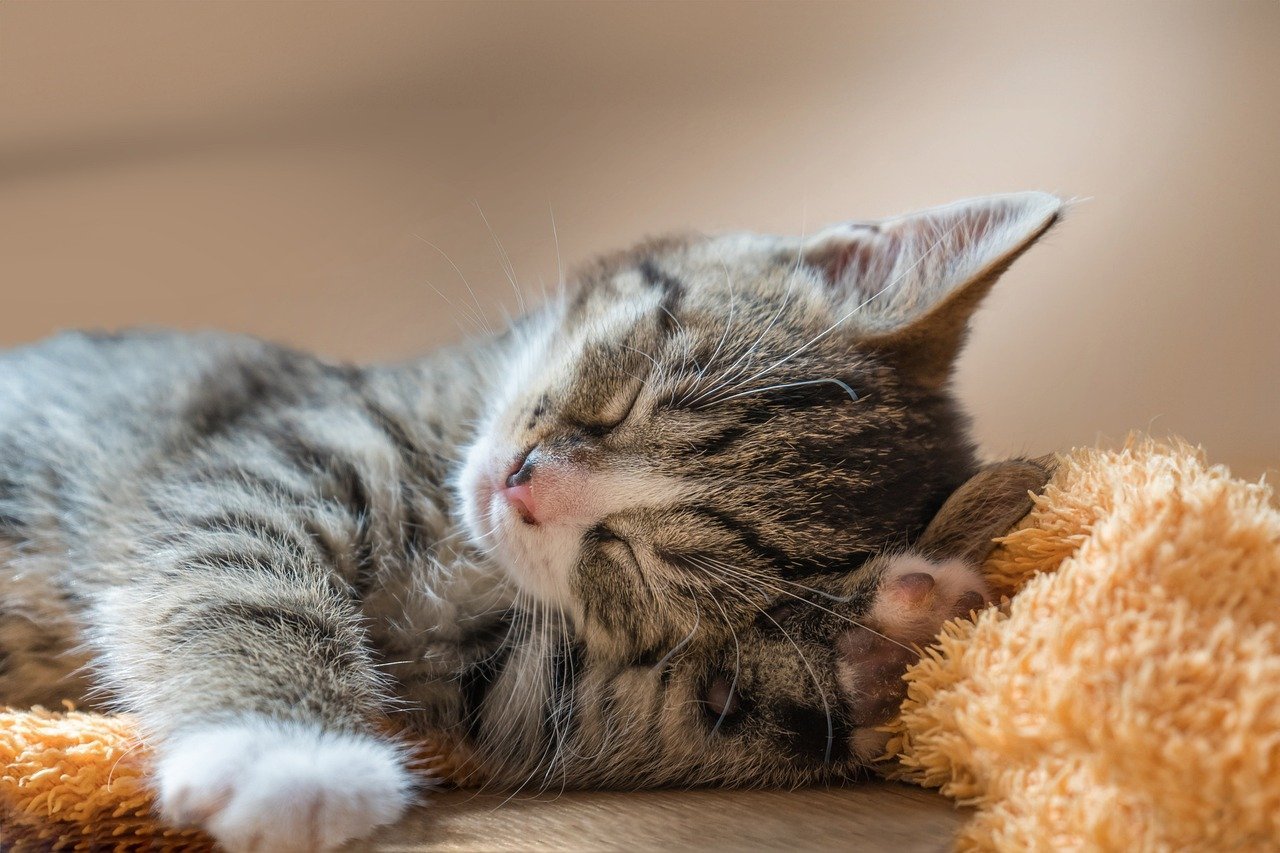
There is a delicate balance between using breeding for conservation purposes versus mere commercialism. Some rare breeds may be at risk of extinction, and ethical breeding can play a role in preservation. However, when profit takes precedence, the ethical lines can become blurred, leading to negative outcomes for the animals involved.
Consumer Awareness and Education
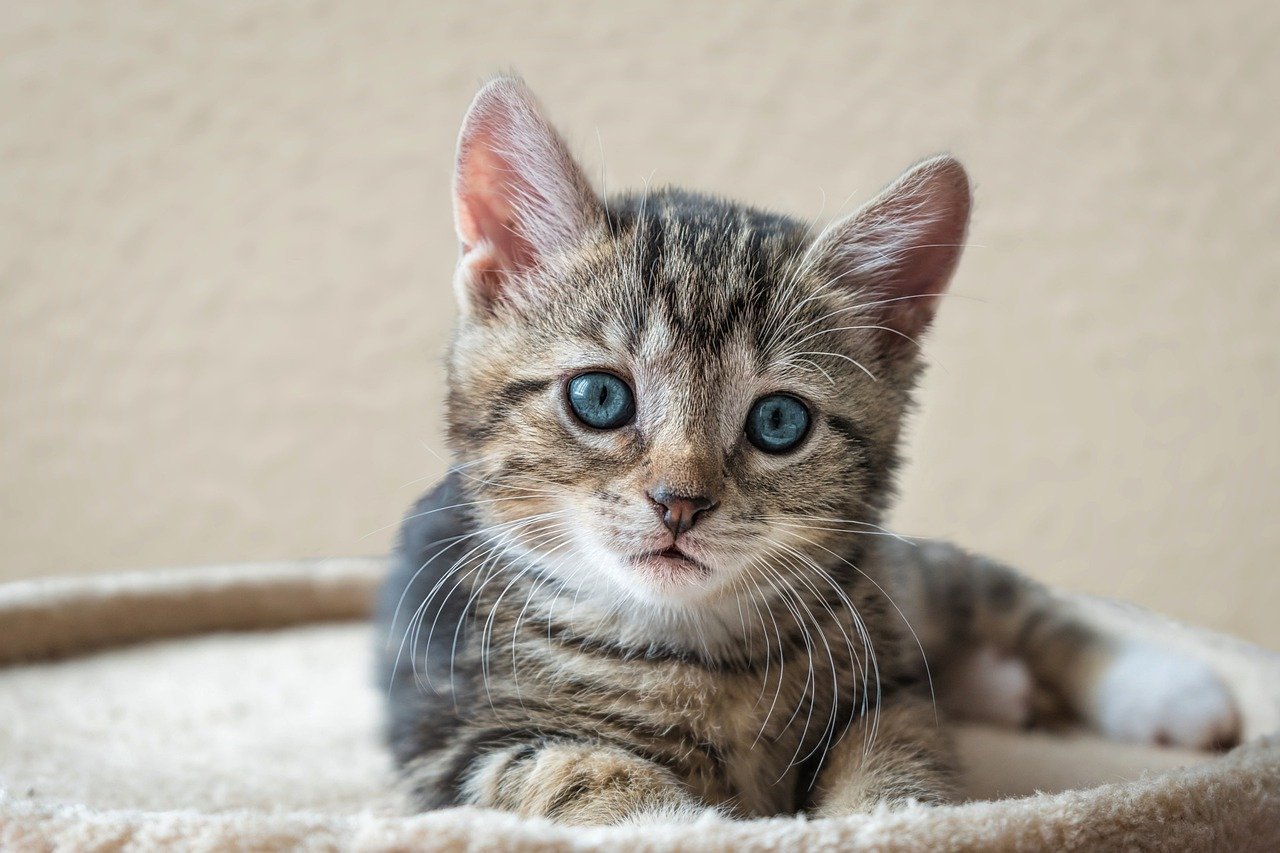
Cat enthusiasts and potential pet owners play a crucial role in supporting ethical breeding by being informed about the origins and backgrounds of the cats they purchase. Educated consumers can demand higher ethical standards and support breeders who prioritize health and welfare over profit.
The Impact of Advocacy Groups
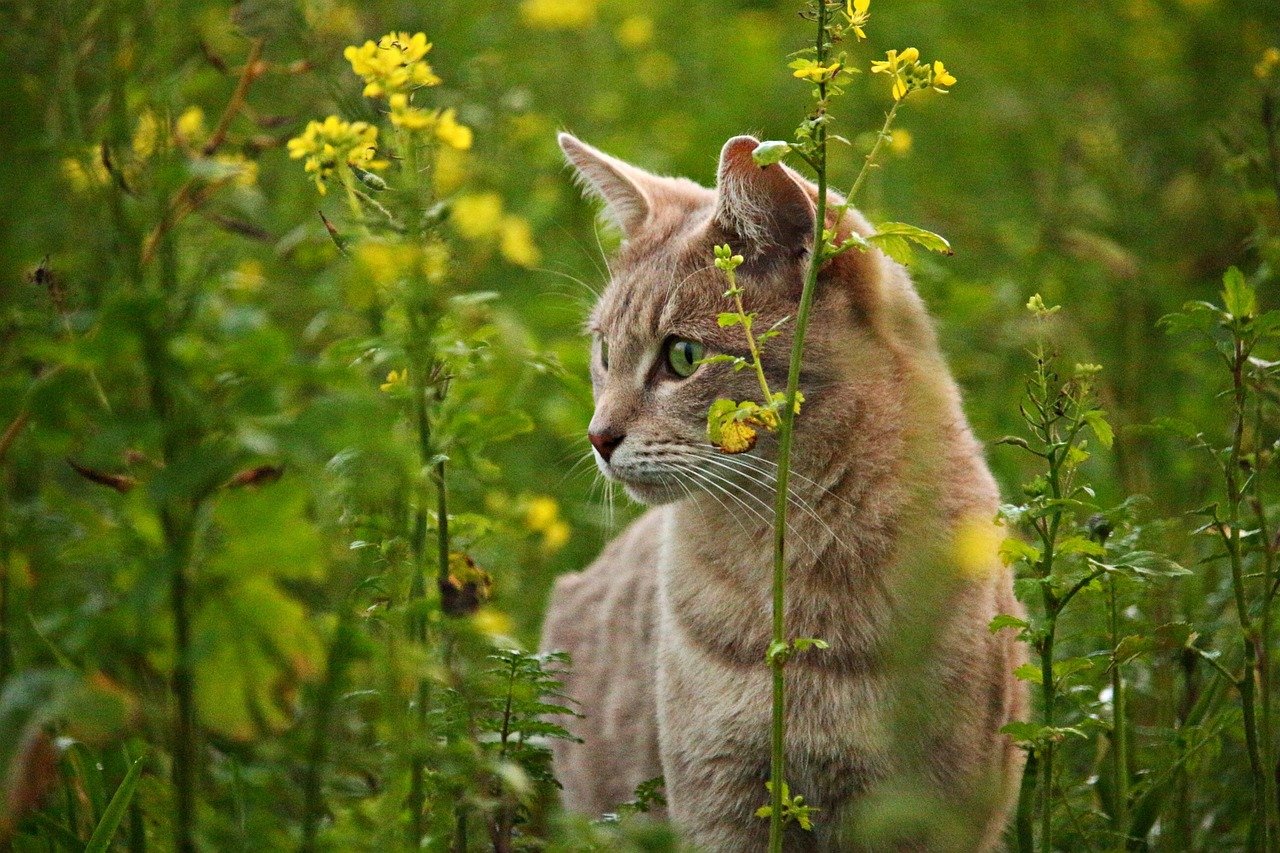
Animal advocacy groups and organizations can influence breeding practices by raising awareness, lobbying for stronger regulations, and supporting breeding programs that emphasize preservation without compromising animal welfare. Their role in championing the rights of animals is indispensable in promoting ethical breeding.
Conclusion: The Path Forward
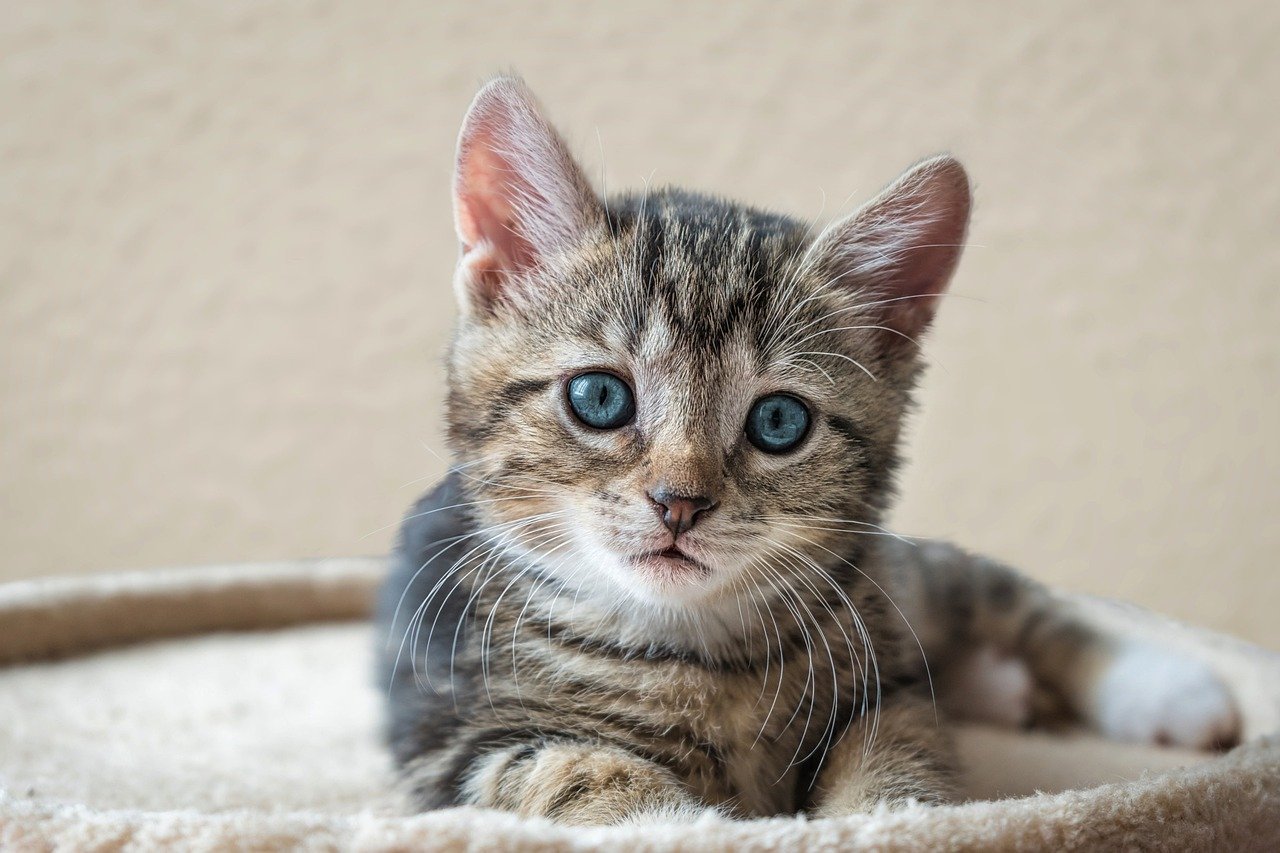
The ethics of breeding rare cat breeds is a complex issue, balancing the forces of profit and preservation. As awareness and understanding grow, the hope is that breeding practices will increasingly reflect ethical standards that prioritize animal welfare, safeguard genetic diversity, and promote the survival of these extraordinary breeds responsibly. Through informed breeding and conscientious consumer choices, a more ethical future for rare cat breeds is possible.
Hi, I’m Bola, a passionate writer and creative strategist with a knack for crafting compelling content that educates, inspires, and connects. Over the years, I’ve honed my skills across various writing fields, including content creation, copywriting, online course development, and video scriptwriting.
When I’m not at my desk, you’ll find me exploring new ideas, reading books, or brainstorming creative ways to solve challenges. I believe that words have the power to transform, and I’m here to help you leverage that power for success.
Thanks for stopping by, Keep coming to this website to checkout new articles form me. You’d always love it!


